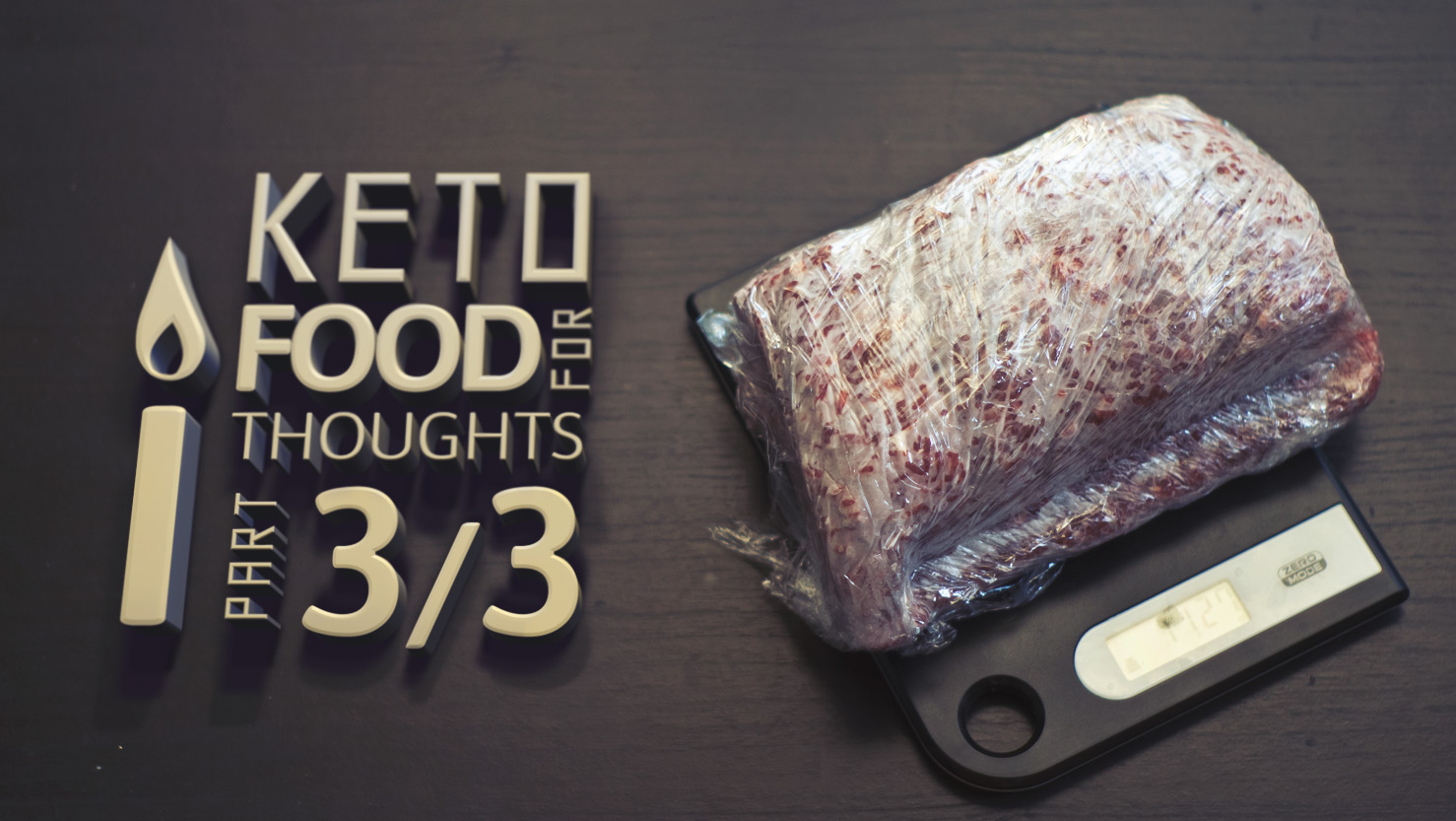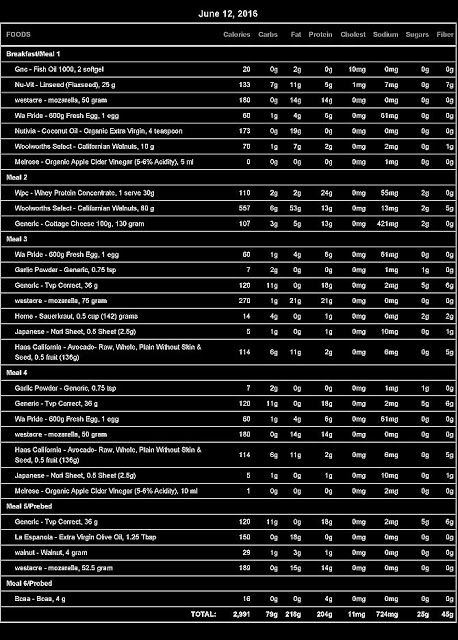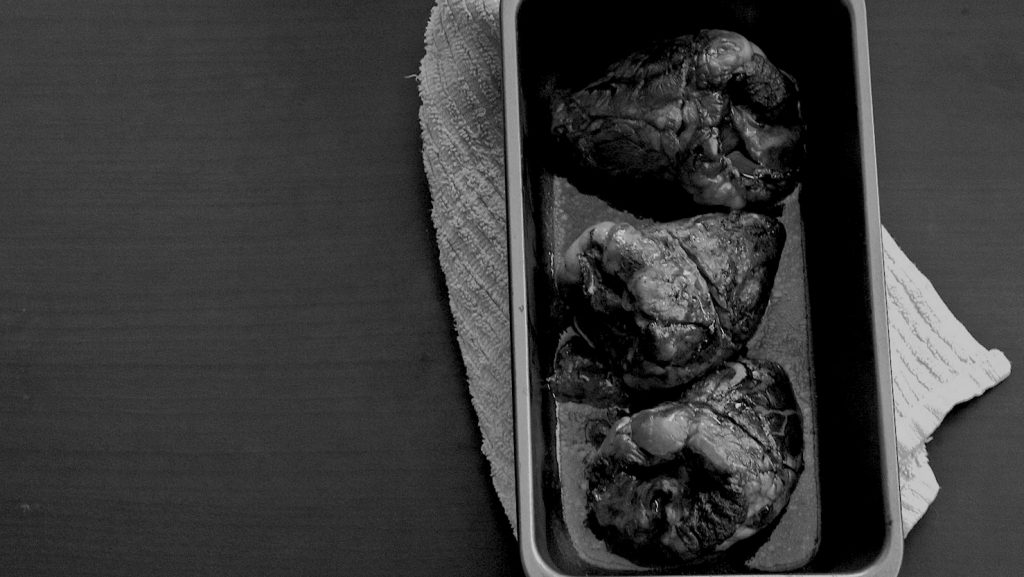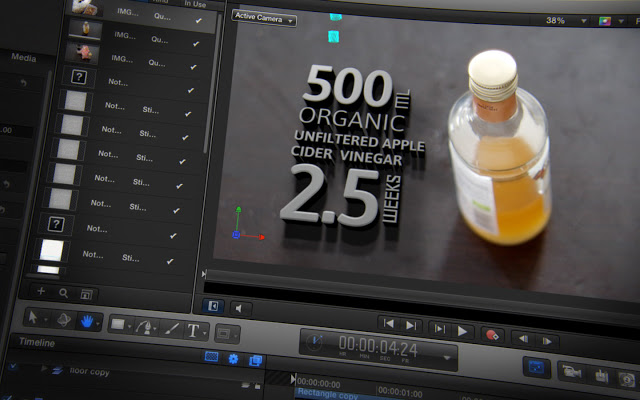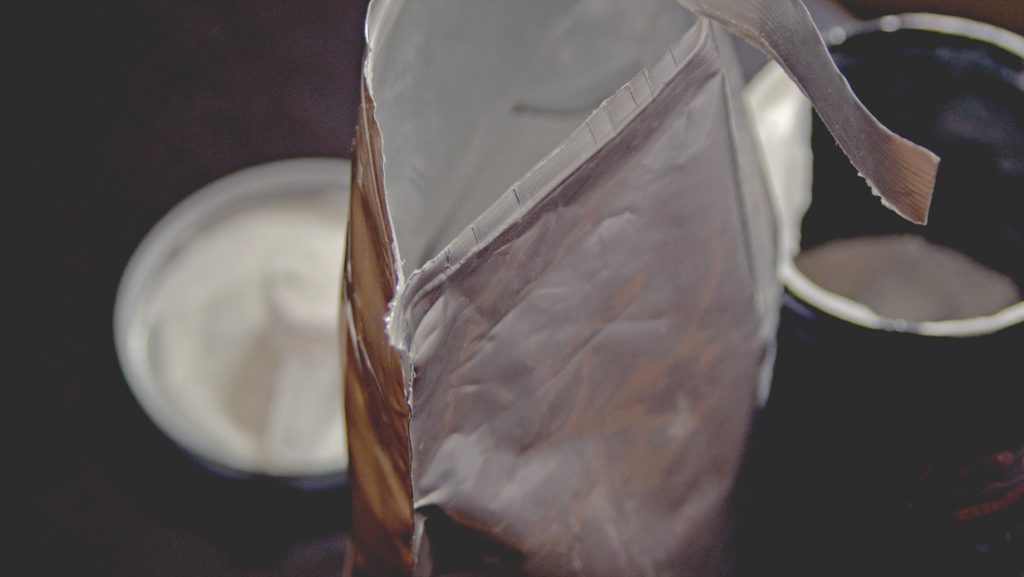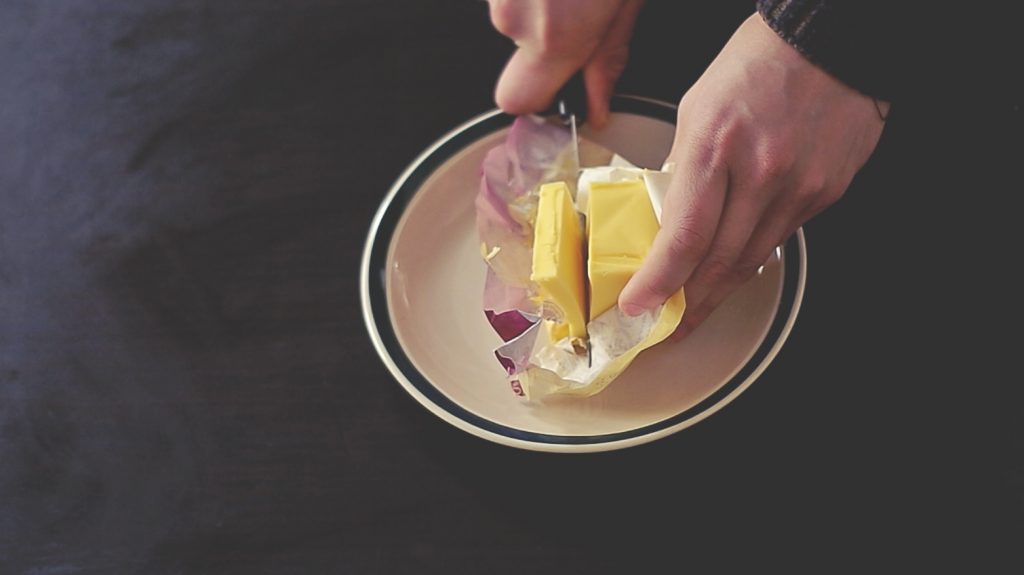
Fasting. Authentication. Inquire. Repeat
Cliff
Continuing from second part - I hereby am sharing with you my food for thoughts (so far) from what I learned during my first Keto Anniversary (2015/2016).- This feature writing is entirely off my own personal viewpoint, perspective and thought(s) and may, subject to varying context(s) - introduce its own terminology(s) and/or themes readers may not readily be familiar with. Hence timely readership is well appreciated.
- This is an archived post which may or may not have undergone further editing for readership accessibility.
Part III/III - Anniversary thoughts #4-8
This last and final part of my ketogenic anniversary post is perhaps the most difficult experience I had to write so far. Because there is a lot that I felt the need to separate out between what is currently objective (research, stats, papers, etc), and what remains subjective (anecdotal's and oppositions). Here we'll discuss:
- Do WE NEED carbs, empirically speaking? - in my opinion - yes AND no.
- Hunger Management on Keto - What to do when you are hungry inbetween meals?
- Supplementations on Keto - My usage and choices as accordingly to my experience/s.
- Conclusion - Should everyone be on Ketogenic Diet? My closing thoughts so far.
5/8 Do we need carbs? Empirically speaking?
In my humble straight opinion - my answer carries both a "Yes" and a "No". Do we empirically need them? I do not empirically know thus far. The more curious I get for seeking for the "right" answer, the more confusing it gets. Before we actually go further, I'd rather start by asking you a counter question for thought.
Which / What is your primary or current life contextual aspect?
Again as I said before that all this is Context-Sensitive; I can only so far ascertain on the basis of individualities. Such contexts can be grouped into three categories:
- Academic / Tangibly-Meritocratic. Academia/career, influential passion or competitively driven pursuit. You could be a highly invested fitness enthusiast, or an amateur competing bodybuilder, fitness model, or a keen nutritionist. You pursue towards outcomes that are both tangible, and/or likely concrete and visible to not only yourself; but likely also to others.
- Physiological. To address an underlying set of subtle or significant physical concerns. You may have an existing array of health and lifestyle concerns that you wish to address positively for change. You pursue outcomes that speaks only viable to you (as per to your own physiology).
- Socio-Economical. Stratifications preventing able sustenances. You may have been Systemically predisposed to a severe, challenging fiscal uncertainties ahead. Preventing you from living and sustaining yourself sufficiently. Often without will or consent -towards the edge/s of frugality.
We could argue which is more "legitimately" difficult or worser context to live / to experience. Your circumstances will dictate your bias primarily towards one of the three, but it could never completely isolate the other two concerns. Some combination is bound to be inevitable. Next I will begin by splitting this discussion between the "Yes" and "No" arguments - with the above three aspects in mind.
The "Yes" scenario/s
TL;DR Carbohydrates are needed if you are :
- A seriously invested athlete; either intermittently (as a personal interest / enthusiast) or heavily invested (as career / professional).
- Concerned for maintaining overall thyroid health (note: partial agreement but inconclusive).
- Socially conforming or value social conservativism relative to your current external obligations.
1/3 - Yes - if you are a fitness enthusiast or an invested athlete.
Yes, you will (eventually) need carbohydrates. But you need to remain individually aware and strategic over two factors = your metabolic tolerance and personal context/s of both life/fitness training. If you are already maintaining yourself consistently (and affordably!) well on a general HCLF paradigm and are fully content with everything it delivers to your physiology (and by way of "results" you've achieved) then by all means stick to it. There are many sources and guidances that best explains the nuances of these principles. In the interest for respecting each author's IP (Int. Property) behind these principles I highly recommend all readers to invest and immerse themselves for further reading outside of this blog.
CKD & TKD - my experience thus far + "old" side effects
So – from what I have experienced incorporating aspects of TKD (as well as frequent + infrequent CKD experiments) - Have I felt any “empirical” or objectively, palpable benefits? Absolutely. What is objectively enough for me may not be objectively fulfilling enough for you. However there are few factors (3) to consider before anyone can decisively choose between TKD or CKD.
- First is scheduling commitments. If you absolutely cannot or are not prepared to cook huge amounts of refeed meals for just one day (think gobloads of potatoes, pastas, and rice) - then CKD might not be for you. In this case, implementing TKD may be more suitable.
- Next is deciding to train or not training on a refeed day. I've done both with and without training and I'd say for my own preferences I feel best to not train whilst on a CKD refeed day. Perhaps it is a given from my physiology that I just feel "less crowded" and less "laggy" when training with less food in my stomach. If I were to adopt TKD - I'd approach it as a post replenishment only. Considering that ALL my training are actually done during low carb days anyway. On some days I do happen to not even feel the urge for actually consuming post TKD carbs. In this instance -simply upping my protein intake/s post workout satiates my need easily.
- If deciding towards CKD - consider if you have any prior metabolic side effects or food sensitivities from consuming carbohydrates. Considering that you WILL HAVE to aim for a much, MUCH higher calorie intake (think at least "twice"). Your "Side effects" from your prior ways of eating MAY or may not show up again. For me - that'd be the feeling of stomach crowdedness, "lagginess" as well as mental cloudiness; just two of many symptoms I subsconciously had to endure from prior life of eating.
2/3 Yes (partially) - for thyroid health & issue of "coldness".
Regardless as unconclusive as my thoughts seemingly portray on these concern/s, It'sTheWoo and Ketotic blog articles explored such concern/s in greater detail; although I am yet to fully understand in plain literacy terms.
My "workaround" to this issue of being "cold".
There is, should I say cautiously - as a 'workaround' if you wish to exclusively maintain a favourable body temperature within Ketogenic regime. That is simply to Eat more. And Eat more frequently. Eat and raise your calories progressively from predominantly fats (but ideally not superseded by proteins).
I recommend regular consumptions of nuts. Particularly brazil's and walnuts during winters if you can afford them. Try to make an effort to eat even if you are only feeling slightly peckish. Just a bit of insurance policy that since you are eating more in general; I suggest also keeping your liver health supplement intake as digestive insurance. And during winter times - nori / seaweed to keep yourselves warm.
In any case this workaround "worked" for me as what I could only ascertain to the forced upregulation of T4 to T3 conversions. My further reading led me to have found conclusively that any "overfeeding" or hypercaloric interventions IN GENERAL seems to initiate this same response. And confirmed further by an exchange of thoughts between Jimmy Moore with Kesser, Phinney, and Volek (particularly at 9:25 onwards).
The Cons? It is very financially detrimental.
3/3 Yes - for maintaining social conformities / culture / external gratuities
Our current pedestrian normalcy, as culture - predominates on the basis of "consumption.". No matter where we are - we're greeted by ample sightly amounts of food. Whenever there is food - there is always some proximity for desire and need to begin socialising.
Carbohydrates - being the most ample, readily and economically reproducible food resource - conveniently caters, supports and assumes to all the above bondings of "culture".
What if you differ from this based on your individuality? They reject you. Changing or challenging such an already fixed “culture” sadly remains an almost impossible task. Because much already has been concretely indoctrinated within every fabric of "society". What is "law" is meant as "compliance". And our current culture perpetuates more of such - socialised consumptions. Such coercion is what I frequently refer to within my book as "Pedestrian Normalcy".Once everyone said so - it must therefore be complied and accepted.
Upon moments of receiving - we must still remain forgiving; strategically to our individual cause.
No matter how few as those are in the world today remaining predominantly Ketogenic/HFLC and away from status quo - we still have to remain obliged to work our way around for being respectful. If you happen to have (if as such akin to windfall) received food gratuities be it from relatives, friends or associates -consider storing them in the freezer. Not for immediate consumption but STRATEGICALLY at a later scheduled consumption on the basis of your fitness and physiological clock needs for a re-feed.
The "No" scenarios
Ok. Now that I have discussed the "Yes" scenarios over admitting that carbohydrates are indeed required in many contexts of living, thriving (and submitting / complying) - here comes my opposing views as to why carbohydrates are less important than one might think.
1/2 The financial stress - Ketogenic IS MORE COST EFFECTIVE
Before I begin - here is a commonly contradicting prelude. An avocado costs a hefty $3AUD EACH piece on average (to cover seasonal fluctuations) and could easily be finished under mere minutes. A kg of almonds costs $25. One could argue the monetary expenses in maintaining the more widely subscribed Ketogenic plan and readily provide arguments that is is more EXPENSIVE. Well, I no doubt agree. On a surface. But also, with given time, few supplementation/s, understanding, practise, revisions, acceptances and humility - I also no doubt disagree.
2/2 - Ketogenic paradigm provides little incentives to pursue over or hyper-palatability
You will not understand much all of this "all-the-more-accepting" and "humility" mindset/s. Ketogenic nurtures on the basis of recognising food for what they are. With very minimal interventions. That's it.
You are indeed believing you are spending less on high carb paradigm. But reality says otherwise about your habitual conformities for seeking "flavour" to no end. Ketogenic way of eating; on the other hand - honours the humbling opposite of these pursuits and experiences. For finally accepting that there is no room for Food Elitism. Nor is there room for hourly "needs" for "exotic" recipes.
Ketogenic way of eating can INDEED be expensive. But only once you get around knowing how WELL YOU can get by with certain foods that you know YOU ARE capable of sustaining for a long time. Hence, one thing I’d suggest from my experience is that you need to be willingly patient in experimenting different weekly budget assessments over time. Write down how you feel day by day, revise and repeat.
6/8 Hunger management on Keto
Based from all that I've tried alone in and out since 2014 - there have been only four intervention measures which I compellingly felt as effective :
1. Black Coffee Hailed as the only "edible" foods next to BCAA for Intermittent Fasting; I'd also add to these a layer of humility. Simplicity is the new black. Coming as former coffee shamer and phobic there is something neutrally soothing about coffee that settles everything down in the gut. Especially during long stints without food - it is common for me to chug down up to three cups of coffee throughout four or even six hour period without taking any single bite of food.Please note however that your physiological tolerance to stimulants, no matter how light - may or may not impact adversely.
2. A glass of warm water with apple cider vinegar. Drinking warm water with apple cider vinegars did not taste all that bad. To the point that now I am compelled that after drinking a warm glass (with two teaspoons of ACV) further “calms” and puts myself at ease. Sour? Yes. Sharp? Dangerously so; if you are drinking it straight a lot which I do not condone.
One could argue it’s the well-documented anti-glycemic properties. Or perhaps it’s the potassium; a mineral that helps counteracts the hunger response (in addition to keeping your hearts in check). Or perhaps it’s the pectin that clumps up in the gut; creating a hunger supressant effect. Or the numerous things it does surrounding the gut biome; from quelling stomach upsets, indigestions, heartburns; or even speeding up gut emptying process altogether.
One thing I would advise regardless: NEVER casually drink this as though it’s clear water. Take your time. It takes anywhere between 30 minutes to an hour for me to finish a cup.
3. BCAAs / branch chain amino acids. There are seemingly unconclusive ongoing debates whether BCAA should or should not be implemented into any Ketogenic regime. As there are claims that it causes depression, anxiety, nervousness and irritabilities. As from my further reading - this seems likely due to BCAAs being known to generally deplete serotonin levels in the brain and adversely affect tyrosine uptake. No - it will not help with my knee joints supporting my high volume squats. However it does humbly for at the very least keeps me sustained for another hour towards my workout or before a next meal.
The dose may very well determine its poison. See and determine your own tolerance to any side effects (if felt) from micro nutrient supplementations - including BCAAs.On the bright side, BCAAs have been in under studies and assessments for protection against alcoholic / liver disease, improving insulin resistances, and one of its’ three primary constituents - leucine - being also responsible for improving glucose metabolism. This study finds that BCAAs supports complete synergy with long term Ketosis.
May I also suggest one thing to prolong your supply - if you can spot a good price for unflavoured BCAA - mix these with your existing flavoured supply to double the available capacity. I find that unflavoured BCAA is never as insulting as straight Arginine or the notoriously sour creatine trimalate.
4. DO SOMETHING. Get up and just do “something”. Are you hungry because you are empirically underfed? Has it been more than three hours or so since you’ve had anything into your mouth other than water? Or Are you hungry because you wish as though you can be productive and whilst at the same time - passing the time so to reach that meal time again? Irrespective, you need to find something to consume you. Other than food.
7/8 Micro nutrients supplementation
I am well convinced by now - that supplementation is a certainty on a Ketogenic Diet. So, what to take? I'm only going through what I feel is only the most applicable and necessary as below:
- Basic multivitamins. I have done long stints intermittently, constantly, with and without multivitamins and I could say this - I don't care if my lifespan are going to be any shorter from taking that extra multi's. But what I do care is that I listen to my own body over how it responds to extra micro-nutrient needs. It's called insurance policy. The only thing I'd caution is to not get those all-in-ones with fish oils. Fish oils (get ones WITHOUT LEMON FLAVOURING) are best taken separately.
- Magnesiums. At the very least - consider applying and making your own magnesium oils as part of your regiment. This is marginally cheaper than buying Magnesium Oxides, Citrates - or if you can afford it - Magnesium Glycinates - though I recommend going both supplementation and magnesium oil together to ensure you are practically absorbing ALL types sufficiently. You could get an all in one minerals supp - calcium, vitamin D, some copper and zinc.
- Milk thistle. For liver health, cholesterol, and overall digestibility support. The liver is after all, your primary site of amino acid utilisations and where food in all manner of speaking - gets to as an initial destination for processing.
- Extra anti-oxidants, iodines, and selenium. Seleniums and Co-enzyme CQ10s are pretty much my staple go to supplementations for anti-oxidants. For absorptions CQ10s are said to be best taken with foods (fats in particular). Commercial seaweeds unfortunately remain the only accessible direct precursors of iodines, please ensure you regularly consume week in and out. Likewise synergistically for thyroid health - I recommend seleniums from only brazil nuts; as these are the only available Keto friendly foods - A VERY HIGH priority especially when surviving through the winter months.
- Cissus Quandrangalis. For bone health, joint-pains relief and supports. You are never forever in the abilities of many burdens that you carry on your knees, shoulders, etc - IN or OUT of the gym. Although they are expensive they are nonetheless a crucial recommendation in my opinion if you are subscribing to a lot of resistance training in general. In as few days of supplementing - I feel relieved and remains ever more composed the next time I am training.
My "belief" when it comes to proper usage supplementation is this - all things necessitates on any given "cycle/s"of need. What makes you feel better from taking one particular supplement can only be rationalised objectively by you ONLY under your very certain situational living moment/s - specific time, climate, environment, resourceful capacity / availability, etc. Is it going to be like this every single day? Perhaps not.
8/8 Conclusion - should everyone be on Ketogenic diet?
You could say that I'd be tempted to say YES to everyone, either obese or anorexic. In that YES - I "think" everyone should be on Ketogenic Diet. Or that I "believe" should at least give NEW paradigm/s a try. But is the Ketogenic Diet then - a template to be maintained forever? This I do not know objectively enough to decisively say yes or no. Because "forever" assumes an immutable realm of correctness. I would like you all once again to read over my prior disclaimer (on Part 1 of this post)
All dietary interventions, would inevitably - succumb to the cyclical/s tendencies that nothing is empirically constant. With this in mind, I still do not know for certain whether staying within the Ketogenic regime. No matter how convincing I myself felt thus far - could truly say whether this conviction of mine could stay forever. Because I'd like us all to reconcile that human being/s are likely predefined progressively. To that of our cyclical progression state/s of "Nature" itself.
My closing thoughts
Thus far this year (2016) I am ready to be ridiculed from all Pedestrian sides. As suspected from the following condescends I shoulder day to day:
- Perhaps my societal "sensibilities" are not as objectively accepted nor established given my age; as judged explicitly and accordingly by the status quo / Pedestrian Normalcy.
- Perhaps my linguistics, my "English", or "objective skills" for comprehension - are embarrassingly lacklustre; as judged explicitly and accordingly by the status quo / Pedestrian Normalcy.
- Perhaps my limited capacity to gain further knowledge are already at its peak; again as judged explicitly and accordingly by the status quo / Pedestrian Normalcy.
I have every implicit reasons to question every explicit coercions. The Ketogenic Diet simply offered me that perspective much more convincingly.
Resilience continues.
